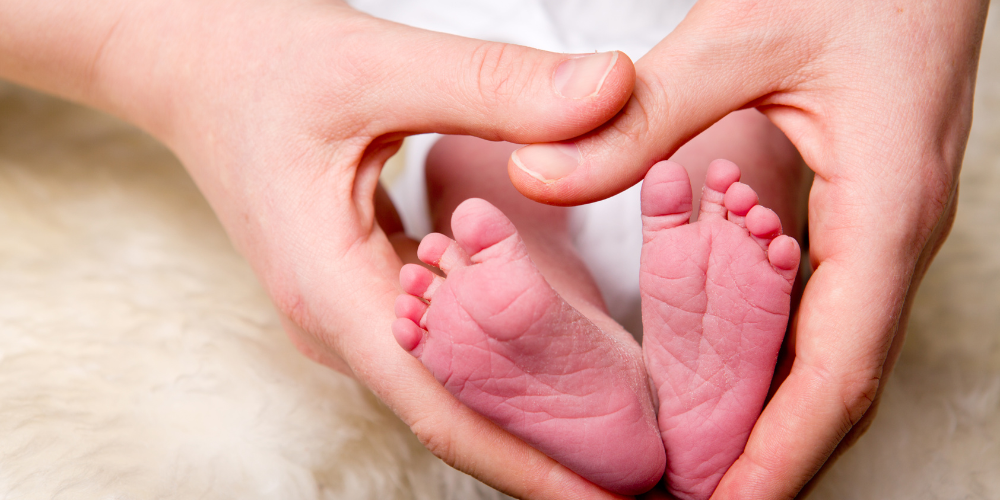A newborn baby’s arrival is a time of immense joy and hope. Yet, for some families, this joy can be tinged with worry if their child is diagnosed with a heart condition. Congenital heart defects, present at birth, are the most common type of birth defect, affecting nearly 1% of newborns in India. While this may sound like a high number, fortunately, many of these conditions are treatable, and advancements in pediatric cardiology offer a brighter future for children with heart defects.
Understanding Pediatric Heart Conditions
The heart is a complex muscular organ with four chambers that work together to pump blood throughout the body. Congenital heart defects can occur due to abnormal development of the heart structures during pregnancy. These defects can affect different parts of the heart, including the walls, valves, or blood vessels.
Classification of Congenital Heart Defects
Congenital heart defects can be broadly classified into two main categories:
- Cyanotic Heart Defects: These conditions cause a decrease in the amount of oxygen reaching the bloodstream, leading to a bluish tint to the skin (cyanosis). Examples include Tetralogy of Fallot and Hypoplastic Left Heart Syndrome (HLHS).
- Acyanotic Heart Defects: These conditions don’t cause cyanosis. Examples include Ventricular Septal Defect (VSD), Atrial Septal Defect (ASD), and Patent Ductus Arteriosus (PDA).
Identifying Signs and Symptoms
Early detection of congenital heart defects is crucial for ensuring the best possible outcome. Here are some signs and symptoms that parents should be aware of:
- Rapid breathing or difficulty breathing
- Bluish tint to the skin, lips, or fingernails (cyanosis)
- Poor feeding or slow weight gain
- Excessive sweating during feeding
- Fatigue
- Paleness
- Swollen legs, ankles, or abdomen
Diagnosis of Congenital Heart Defects
If a pediatrician suspects a heart defect, they may recommend further tests, including:
- Echocardiogram: This painless ultrasound uses sound waves to create a detailed image of the heart, allowing doctors to assess its structure and function.
- Fetal echocardiogram: This echocardiogram is performed during pregnancy to diagnose heart defects in the womb.
- Electrocardiogram (ECG): This test measures the electrical activity of the heart.
- Chest X-ray: This can provide a general picture of the heart and lungs.
- Cardiac catheterization: This minimally invasive procedure involves inserting a thin tube into the heart to assess blood flow and pressure.
Treatment Options for Congenital Heart Defects
The treatment for a congenital heart defect depends on the specific type and severity of the condition. Treatment options may include:
- Medications: Certain medications can help manage symptoms and improve heart function.
- Cardiac Catheterization: This procedure can sometimes be used to repair certain defects without open-heart surgery.
- Open-heart surgery: In some cases, open-heart surgery may be necessary to correct the defect.
Importance of a Pediatric Cardiologist
A pediatric cardiologist is a doctor who specializes in diagnosing and treating heart conditions in infants and children. As a pediatric cardiologist in India, Dr. Nidhi Rawal is a leading pediatric cardiologist with extensive experience in diagnosing and treating a wide range of congenital heart defects. She understand the unique needs of children with heart defects and she dedicated to providing them with the best possible care.
Here’s how a pediatric cardiologist can help:
- Diagnose and evaluate your child’s specific heart condition
- Develop a personalized treatment plan
- Monitor your child’s condition over time
- Provide support and guidance to you and your family
The Road to Recovery
A diagnosis of a congenital heart defect can be overwhelming for parents. However, it’s important to remember that with proper medical care, many children with heart defects can live long and healthy lives. Here at Child Heart Health, we are committed to providing comprehensive care for children with heart conditions, utilizing the latest advancements in pediatric cardiology. If you have any concerns about your child’s heart health, please don’t hesitate to reach out to a pediatric cardiologist in India for a consultation.


